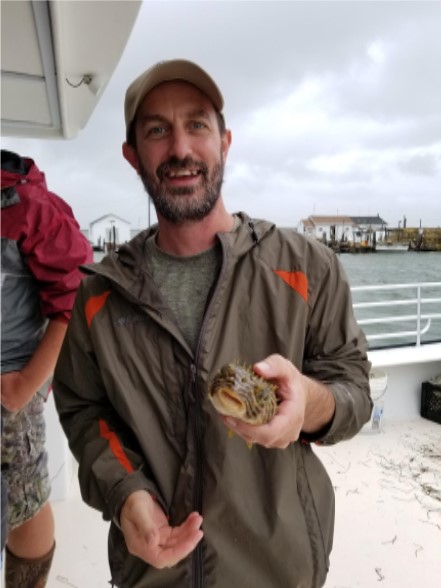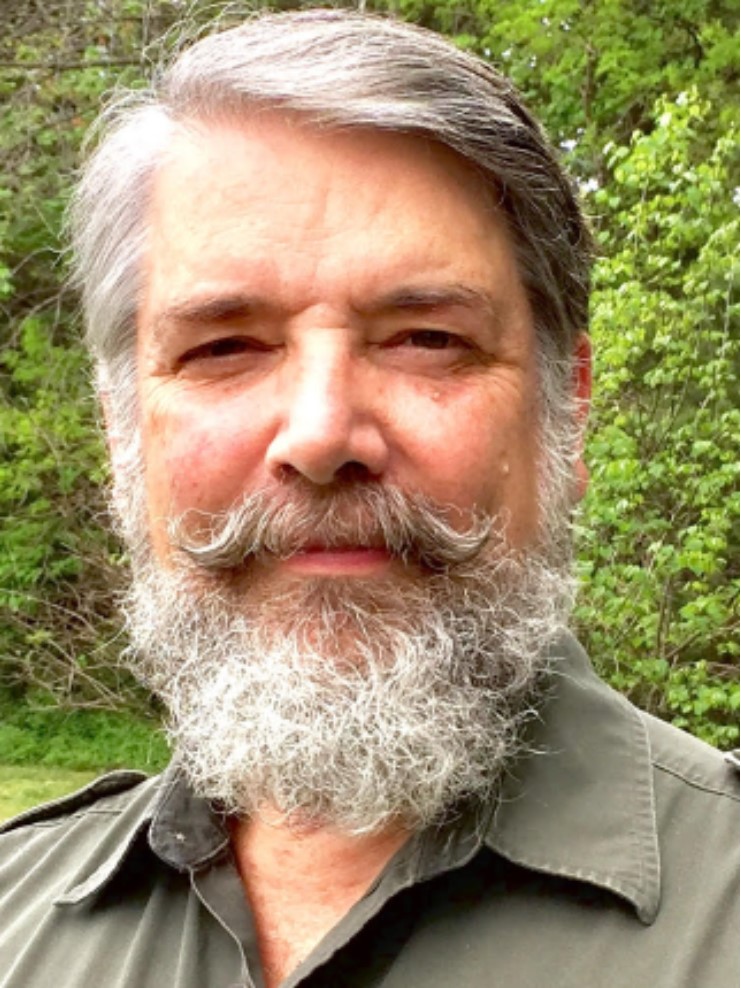POSTPONED to October 14th Current tickets will be honored; refunds available if purchased before 9/8/2023…
Seven Bends Lecture Series 2019
Join us for our third annual lecture series with a great lineup of speakers!
Thank you to our lecture series sponsor, Muse Vineyards!

Free and open to the public. All lectures are held at the St. Paul’s Heritage Center in Edinburg on Sunday afternoons at 2pm. See dates, details, and a map below.
Sunday, February 24th, 2pm
Agroforestry and Permaculture for Watershed Restoration
Michael Cooley, Teacher and Consultant with Narrow Passage Permaculture and Agroforestry
How can Agroforestry practices contribute to a healthier river and watershed? Which mitigation and restoration practices can individual landowners implement?
Michael Cooley will present on Agroforestry practices including Riparian Buffers. He will review how Agroforestry practices mitigate and restore watershed systems, and focus on what the individual landholder can do to benefit the local ecosystem.
Sunday, March 10th, 2pm
Rural Pressure: Agriculture and the Chesapeake Bay
Matt Kowalski, Watershed Restoration Scientist for the Chesapeake Bay Foundation

How do the Chesapeake Bay Foundation and farmers work together to improve the health of the Bay and its watershed?
Matt Kowalski will present on the basics of how pollution from Agricultural operations can affect the health of the Bay. He will also talk about how CBF works with farmers, and give an update on the current state of the Bay and its cleanup efforts.
Sunday, April 7th, 2pm
Water-quality Results from the Smith Creek Watershed: Monitoring and Analysis Designed to Assess and Inform Restoration
James Webber, Hydrologist, U.S. Geological Survey at the Virginia and West Virginia Water Science Center
What have been the water quality results of the Smith Creek Watershed Partnership? How has knowledge from the partnership informed research?
James Webber will present on Smith Creek, a 106 square-mile watershed in Virginia’s Shenandoah Valley. Smith Creek was designated as a showcase watershed in 2010 and, through a partnership between the EPA, USDA, and USGS, received increased levels of conservation practice implementation and water-quality monitoring.
This presentation will discuss water quality results from Smith Creek, including nitrogen sources and transport processes in the watershed. The presentation will highlight how this knowledge has been used to inform ongoing restoration in the Chesapeake Bay and future directions of the research.



